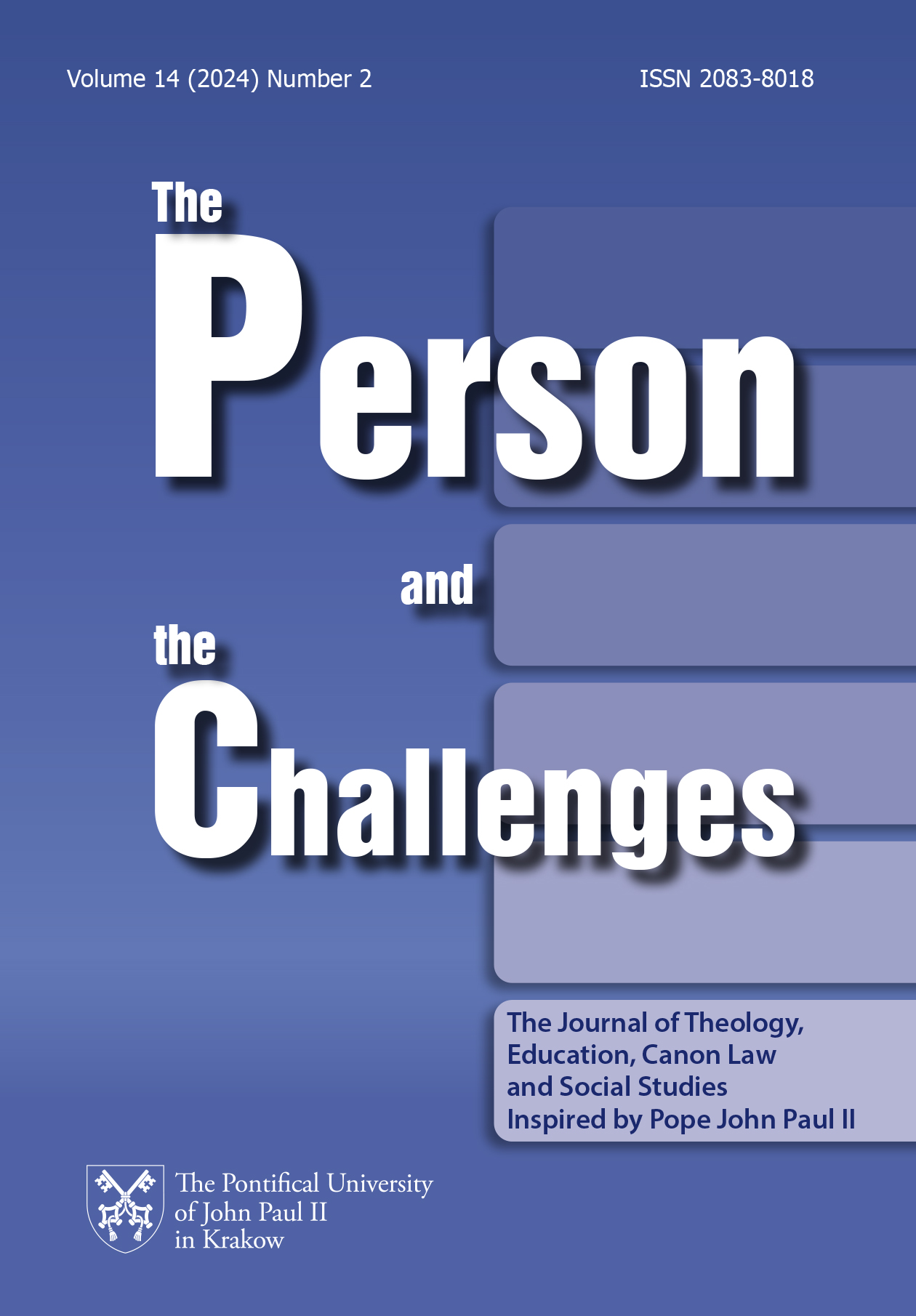Kant and Schopenhauer on the Ultimate Goal of Human Life
DOI:
https://doi.org/10.15633/pch.14205Słowa kluczowe:
Goal of human life, I. Kant, A. SchopenhauerAbstrakt
Contemporary reflection concerning man focuses upon man as a being living only “here and now”, it is “short-termed” in character. In this paper, going against the current of this dominant tendency, I would like to show how interesting and important is the question about the ultimate goal of human life. In my considerations I refer to the thought of Immanuel Kant and Arthur Schopenhauer – two classical authors of modern philosophy – who still seem to exert a significant influence on the European culture. Even if in their systems they depart from similar assumptions, their conclusions concerning man are radically different: for Kant, every human being has unique value and is called to create “civil society”; for Schopenhauer every individual being (including man) is volatile and devoid of meaning and value. The question remains open as to whether the ultimate message of their philosophy can be still an inspiration for us today, or whether it already sounds rather strange and unfamiliar in confrontation with the spirit of modernity.
Bibliografia
Bobko A., Kant i Schopenhauer. Między racjonalnością a nicością, Wydawnictwo Naukowe WSP, Rzeszów 1996.
Bobko A., Non Multa. Schopenhauers Philosophie des Leidens, Konigshausen & Neumann, Würzburg 2001.
Deneen P. J., Why Liberalism Failed, Yale University Press 2018.
Druchliński P., Moń R., Kobyliński A., Podrez E., Etyka a problem podmiotu, Wydawnictwo Naukowe Ignatianum, Kraków 2023.
Garewicz J., Schopenhauer, Wiedza Powszechna, Warszawa 1998.
Höffe O., Immanuel Kant, transl. by Marshall Farrier, State University of New York Press, Albany 1992.
Kant I., Critique of Judgement, transl. by Werner S. Pluchar, Hackett Publishing Company, Indianapolis — Cambridge 1987.
Kant I., Religion within the limits of reason alone, transl. by Theodore M. Greene, Hoyt H. Hudson, Harper & Row, New York 1960.
Kant I., Idea for a universal history from a cosmopolitan point of view, transl. by Lewis White Beck, in: idem, On history, The Bobbs-Merrill Co., Indianapolis 1963.
Schopenhauer A., The world as will and representation, transl. by E. F. J. Payne, Dover Publications, New York 1969, vol. I, II.
Schopenhauer A., Parerga und Paralipomena, in: Sämtliche Werke, Bd. IV, Suhrkamp, Frankfurt a. M 1986.
Pobrania
Opublikowane
Numer
Dział
Licencja
Prawa autorskie (c) 2024 Aleksander Bobko

Utwór dostępny jest na licencji Creative Commons Uznanie autorstwa 4.0 Międzynarodowe.
Autorzy publikujący w czasopiśmie udzielają jego wydawcy zgody o następującej treści:
- Autor zachowuje autorskie prawa majątkowe do utworu, a jednocześnie udziela wydawcy czasopisma zgody na jego pierwszą publikację w wersji drukowanej i wersji online na licencji Creative Commons Uznanie autorstwa 4.0 Międzynarodowe oraz zgody na wykonywanie opracowań, w tym przekładów.
- Autor ma możliwość udzielania zgody niewyłącznej na opublikowanie utworu w wersji, która ukazała się w czasopiśmie (np. zamieszczenia go w repozytorium instytucjonalnym lub opublikowania w książce), wraz z informacją o jego pierwszej publikacji w czasopiśmie.
- Autor może umieścić swój utwór online (np. w repozytorium instytucjonalnym lub na swojej stronie internetowej) jeszcze przed zgłoszeniem utworu do czasopisma.

